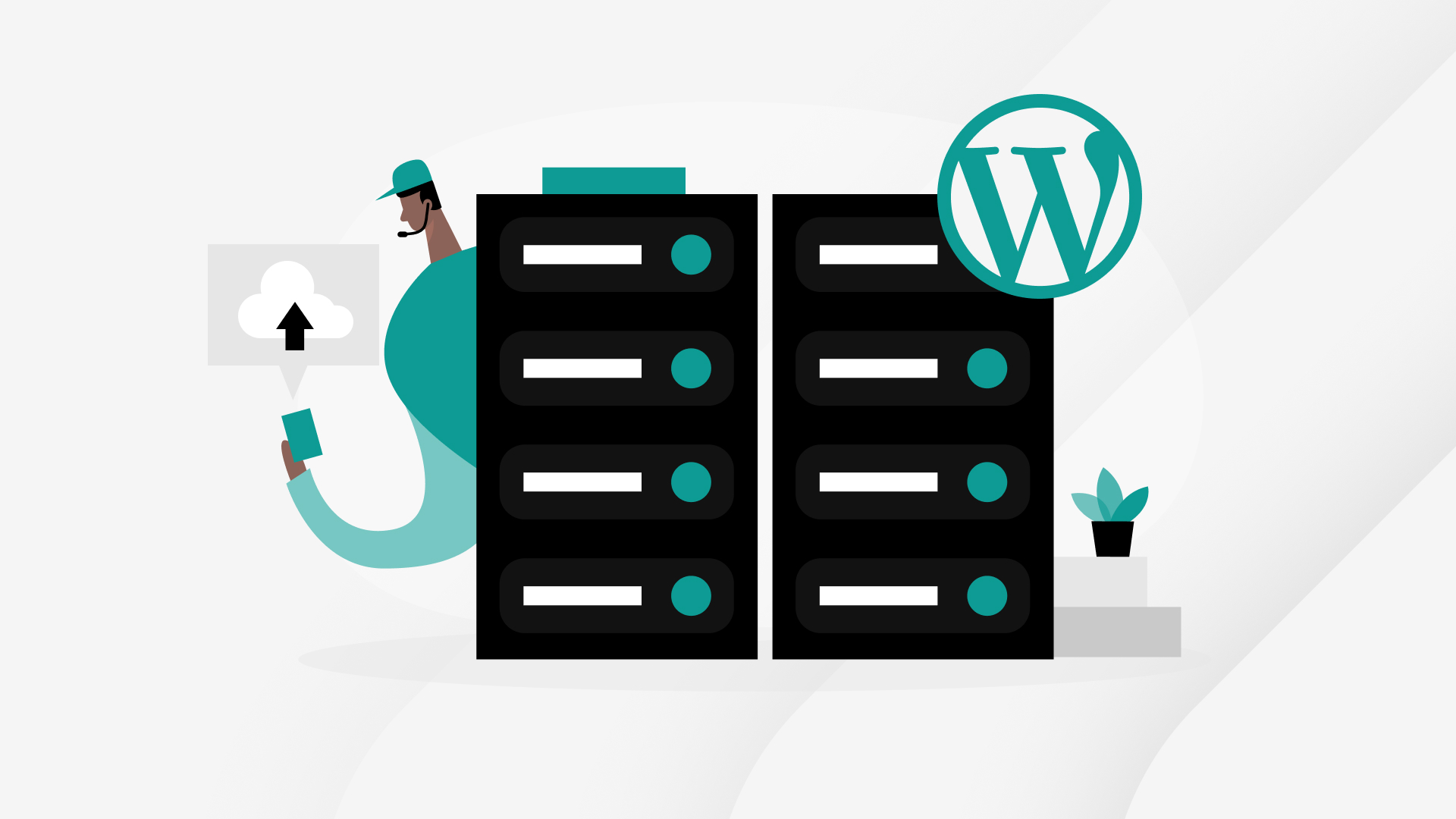Introduction
According to W3Techs, WordPress now powers more than 43% of all websites, including major industry frontrunners such as Reuters, NBC Universal, Time, Newscorp, and the NBA. But why aren’t organizations as large as these investing in their own bespoke CMS solutions? Well, it turns out the power is in the open-source approach. Let’s take a look at how WordPress provides better ROI, flexibility, and support than proprietary platforms.
Why WordPress?
Before we take a look at the pitfalls of proprietary CMSes, let’s go over a brief overview of why WordPress excels in the CMS market:
- Cost of Ownership: WordPress provides a cost-efficient solution for enterprises with no licensing fees, enhanced scalability, and streamlined workflows contributing to a lower total cost of ownership.
- Third-Party Integrations: WordPress boasts a vast plugin library and seamless third-party integrations, empowering users with enhanced capabilities and connectivity across various tools and services.
- Security: WordPress ensures robust website security through proactive measures and regular updates, providing a safe digital environment for users and businesses alike.
- Performance: WordPress has exceptional speed and efficiency. With continuous improvements and dedicated teams, it delivers optimal performance, reliability, and user experience.
WordPress also has some challenges to consider in your decision-making process:
- Maintenance: WordPress requires regular updates for optimal performance and security. Its Security Team has a strong reputation for being proactive and efficient when it comes to dealing with emerging threats. However, failing to maintain the platform and its plugins can leave your website vulnerable to cyber threats.
- Customization learning curve: Deeper customization and bespoke feature development may require some coding knowledge, which could be a drawback for users with limited technical expertise. The good news is that this can easily be countered with a specialist WordPress agency partner.
Where Proprietary Platforms Fail
“We’re not like any other organization; we need something special.”
This is something we hear time and time again from companies—and it’s natural. Managing ad tech, newsrooms, internal stakeholders, and data regulations can make it seem like no existing solution can meet your technology requirements. The default response often leans towards creating a proprietary CMS.
However, for the majority of companies, the drawbacks of developing custom software outweigh the advantages.
The risks of building a proprietary publishing CMS
To some degree, these concerns are valid. There isn’t a one-size-fits-all content management system that can perfectly cater to the distinct needs of every media enterprise. Yet, resorting to building a custom CMS isn’t the sole resolution to this dilemma.
There was a notable trend among publishers to leverage their CMS as a revenue source in recent years. This led entities like Washington Post and Vox to invest substantial amounts in developing platforms like ArcXP and Chorus. However, Vox has since shifted focus and is presently in the process of migrating its sites to WordPress.
The strategy of “let’s create our own product and profit from it” isn’t conducive to a sustainable publishing industry. Nor is it a reliable bet for creators. Proprietary CMSs are inflexible and excessively costly.
Ultimately, they pose a risk of leaving businesses lagging behind as technology inevitably continues to progress. Unlike a marketplace of pre-built, open-source enterprise plugins, as offered by WordPress, proprietary systems demand bespoke development for each new feature and integration.
What alternatives are there to proprietary publishing tech?
The potential for success is significantly higher with open source tools.
In fact, we’d argue that the sustainability of the publishing industry hinges on open source solutions. In 2023, Forbes published a series outlining the critical role of open source tools in fostering innovation, while highlighting the risks associated with proprietary profiteering. And can it truly be considered profiteering when only a select few companies can afford the exorbitant licensing fees of ‘exclusive’ proprietary software?
With 100s of high-traffic enterprise sites now using WordPress, we firmly believe that it remains unrivaled among all CMS options.
While safety might not be glamorous, neither are the pitfalls of product development and unforeseen vendor costs. We’ve witnessed enough rescue missions to understand the potential pitfalls of proprietary platforms.
Making WordPress work for complex organizations
What often goes overlooked is that WordPress is capable of accommodating complex workflows. However, many developers either lack the knowledge or the willingness to optimize it accordingly. As a result, they inadvertently create unnecessarily intricate publishing systems.
Why do companies resort to complex solutions for problems that countless others have encountered before?
Is there truly a need for ten ‘custom’ versions of the same solution? Consider the considerable waste of resources when ten different companies engage ten distinct agencies to design ten separate newsletter templates.
This exemplifies a pattern where threatened companies adopt narrow-minded, short-term perspectives, risking further destabilization of an already fragile industry.
Based on our extensive experience, proprietary decisions often stem from misguided assumptions that fail to fully acknowledge the capabilities of open source. Such decisions are neither logical nor sustainable.
Migrating from a proprietary platform to WordPress
Moving a website on a proprietary platform to WordPress can be one of the most challenging scenarios. Typically this is best suited to working with a skilled agency partner to facilitate the process.
With large organizations choosing WordPress for over a decade now, there are many agencies to choose from who bring prior experience and tools to this type of project to make it run smoothly.
Conclusions
If you believe that WordPress lacks the capabilities of the platforms mentioned above, you’re mistaken. WordPress serves as the focal point of a continuous, cooperative open-source initiative involving some of the world’s largest digital entities. Together, they collaborate and develop solutions that are designed for sharing.
WordPress boasts a vast and skilled community of users with extensive knowledge and expertise. Picture the potential of an industry where organizations set aside their egos and freely share their knowledge for the collective benefit.
While it may sound idealistic, this collaborative mindset is the essence of why WordPress and open-source software persist and flourish.
